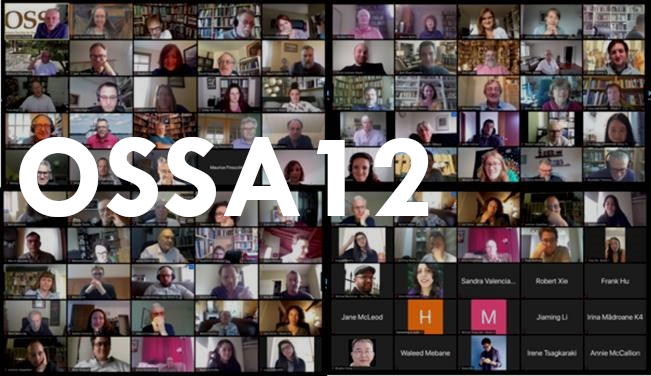Loading...
Location
Room 1
Document Type
Paper
Keywords
arguers, dialogue types, ecosystem, games, goals, ludology, players, taxonomy
Start Date
3-6-2020 9:00 AM
End Date
3-6-2020 10:00 AM
Abstract
Dan Cohen (2018) and Michael Gilbert (1997) have variously emphasized the need for argumentation theorists to pay attention to ‘arguers’ and not just ‘arguments.’ Following Yong-Set (2016), this paper will suggest that ‘games’ can be leveraged to enrich an understanding of the ‘person’ aspect of argumentation.
Ludology is the academic and critical study of games qua games, especially in terms of system design, player experience and the socio-cultural dynamics of gaming. By drawing upon and extending the lessons learned from ludologist Bartle’s (1996, 2012) analysis of the relation between player-types and games that successfully implement Multi-User-Dungeons (MUDs), I argue that a healthy ‘ecosystem for argument’ requires different ‘player types.’ The preferred activities that differentiate the player types each require the success of other player types to prosper.
If a goal is to understand how real argumentation functions so that it can be bettered, one cannot define the scope of argumentation narrowly or reductively. This highlights the importance of adopting a conceptual framework – such as Gilbert’s “4 Modes of Argument” – that is rich and versatile enough to deal with the diversity necessarily found in the range of activities that involve arguers and the arguments in which they produce and share evidence.
Reader's Reactions
John Licato, Commentary on Michael Yong-Set, “Getting Down in the MUDs: A Ludological Perspective on Arguers” (June 2020)
Included in
Getting Down in the MUDs: A Ludological Perspective on Arguers
Room 1
Dan Cohen (2018) and Michael Gilbert (1997) have variously emphasized the need for argumentation theorists to pay attention to ‘arguers’ and not just ‘arguments.’ Following Yong-Set (2016), this paper will suggest that ‘games’ can be leveraged to enrich an understanding of the ‘person’ aspect of argumentation.
Ludology is the academic and critical study of games qua games, especially in terms of system design, player experience and the socio-cultural dynamics of gaming. By drawing upon and extending the lessons learned from ludologist Bartle’s (1996, 2012) analysis of the relation between player-types and games that successfully implement Multi-User-Dungeons (MUDs), I argue that a healthy ‘ecosystem for argument’ requires different ‘player types.’ The preferred activities that differentiate the player types each require the success of other player types to prosper.
If a goal is to understand how real argumentation functions so that it can be bettered, one cannot define the scope of argumentation narrowly or reductively. This highlights the importance of adopting a conceptual framework – such as Gilbert’s “4 Modes of Argument” – that is rich and versatile enough to deal with the diversity necessarily found in the range of activities that involve arguers and the arguments in which they produce and share evidence.

